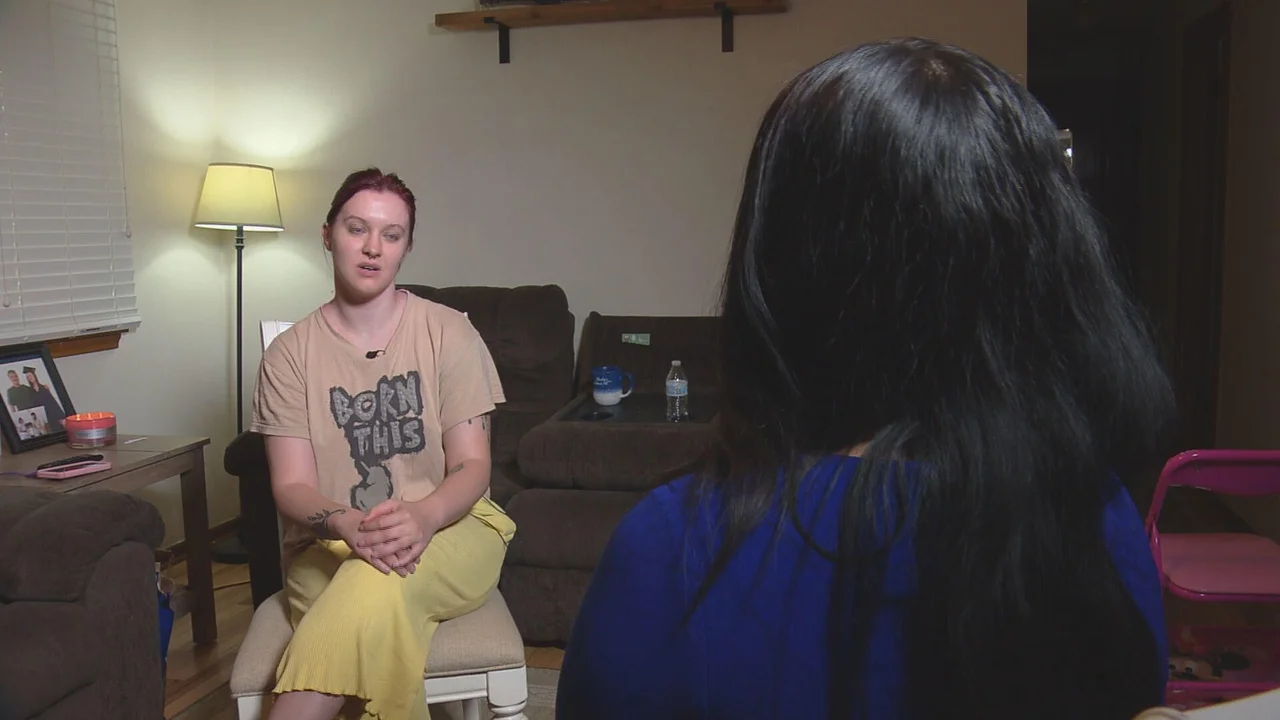
NGOCSTIP – Promoting Survivor Stories plays a vital role in raising awareness about human trafficking. Real voices from survivors provide a personal and emotional connection. These stories help to humanize the issue and make it relatable to people. Survivors often share the most effective ways to recognize trafficking and prevent it. Their experiences offer powerful lessons and insights that can drive change in communities.
Survivor stories bring attention to the harsh realities of human trafficking. When survivors share their stories, they shed light on the suffering and dangers people face. These accounts are eye-opening and spark empathy in those who listen. Through their narratives, survivors inspire others to take action. The courage it takes to speak out allows the public to understand how deeply the problem affects real lives. Survivor stories move beyond statistics, showing the emotional toll that trafficking takes.
Human trafficking is often an invisible issue. Many victims go unnoticed in society, making it harder to recognize the signs. Survivor stories bridge this gap. They provide a human perspective, making the issue more tangible. By hearing personal accounts, people can better understand the warning signs and ways to protect themselves. Additionally, survivor stories give a voice to the voiceless. They remind society that behind every statistic is a real person with a story worth sharing.
Survivor narratives are valuable tools in educating the public. These stories teach people about the reality of trafficking and how to identify potential risks. They often highlight the grooming tactics used by traffickers, making it easier for people to spot red flags. Educational programs that feature survivor stories can have a lasting impact. They also create a safe space for survivors to speak out and share their experiences. By using real stories, these programs resonate with audiences more than generic information ever could.
Encouraging survivors to share their stories can be empowering. It allows them to reclaim their voices and control their narratives. For many survivors, telling their stories is part of the healing process. It helps them find closure and feel heard. Moreover, speaking out can inspire other victims to escape or seek help. When survivors see others share their experiences, they realize they are not alone. This solidarity is crucial in overcoming the isolation often felt by trafficking victims.
Survivor stories are essential for advocacy efforts. These narratives highlight the need for policy changes and stronger laws. They push lawmakers to act by showing the real-world consequences of trafficking. Survivor stories are also used to influence public opinion and drive support for anti-trafficking initiatives. When people hear firsthand accounts, they are more likely to support organizations that fight trafficking. Public pressure often leads to more resources being allocated toward combating trafficking.
“Read more: The Importance of Keeping Your Child’s Vaccinations Up to Date”
The media plays a significant role in amplifying survivor voices. Through documentaries, interviews, and articles, survivors can reach wider audiences. Media coverage helps to raise awareness on a larger scale. The more people hear about trafficking, the more likely they are to recognize its signs. Media platforms provide a powerful stage for survivors to share their stories and spread their message. With the right coverage, these stories can inspire people to take a stand against trafficking.
One of the biggest challenges in addressing human trafficking is breaking the stigma. Survivors often face judgment or disbelief when they speak out. However, promoting survivor stories helps to combat this stigma. In addition, it challenges misconceptions and encourages people to see trafficking as a real issue affecting people globally. Furthermore, sharing survivor experiences educates the public on the complexities of trafficking and dispels harmful myths. As more survivors speak out, society becomes more open and understanding of the problem. Consequently, awareness grows, and people are motivated to take action.
These survivor stories are a crucial tool in the fight against human trafficking. By using personal accounts, we can humanize the issue and inspire action. In the end, survivors’ voices have the power to make a real difference in the world. Ultimately, their courage can lead to societal change and greater support for anti-trafficking efforts.